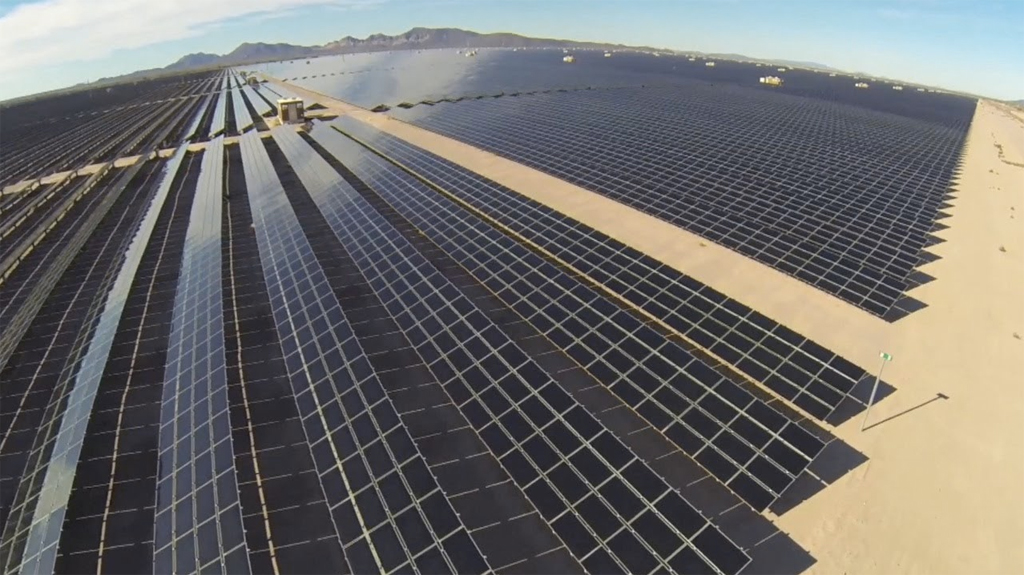A central factor in solar’s exponential and disruptive growth of global energy markets is the continual fall in the cost of electricity from PV. As further evidence of this, yesterday Arizona utility Tucson Electric Power (TEP) announced that it has signed a contract with an affiliate of NextEra Energy Resources to buy power from a 100 MW solar PV project for under three U.S. cents per kilowatt hour (kWh).
This is the lowest price that pv magazine has seen in the United States to date; however we do not regularly track price data. It is also in the neighborhood of the record low prices for contracts signed earlier this year in Mexico and the United Arab Emirates.
TEP notes that this is also less than half as much as it has paid for other solar power contracts in recent years, attesting to the rapid rate of price declines.
Popular content
The electricity contract also includes the cost of a 30 MW / 120 megawatt-hour battery storage system, however this is not included in the three cent figure. NextEra will build, own and operate the solar and battery systems on a site owned by the City of Tucson, and plans to complete the two projects and a 100 MW wind project for TEP by the end of 2019.
When complete, these will be the largest single-site renewable energy facilities that TEP has signed contracts with to date. The new battery will add to the three battery storage systems that TEP has added to its grid this year. These will help the utility reach its goal to get at least 30% of its power from renewable resources by 2030, which doubles the portion that Arizona utilities must reach by 2025 under the state’s renewable energy mandate.
This content is protected by copyright and may not be reused. If you want to cooperate with us and would like to reuse some of our content, please contact: editors@pv-magazine.com.


2 comments
By submitting this form you agree to pv magazine using your data for the purposes of publishing your comment.
Your personal data will only be disclosed or otherwise transmitted to third parties for the purposes of spam filtering or if this is necessary for technical maintenance of the website. Any other transfer to third parties will not take place unless this is justified on the basis of applicable data protection regulations or if pv magazine is legally obliged to do so.
You may revoke this consent at any time with effect for the future, in which case your personal data will be deleted immediately. Otherwise, your data will be deleted if pv magazine has processed your request or the purpose of data storage is fulfilled.
Further information on data privacy can be found in our Data Protection Policy.